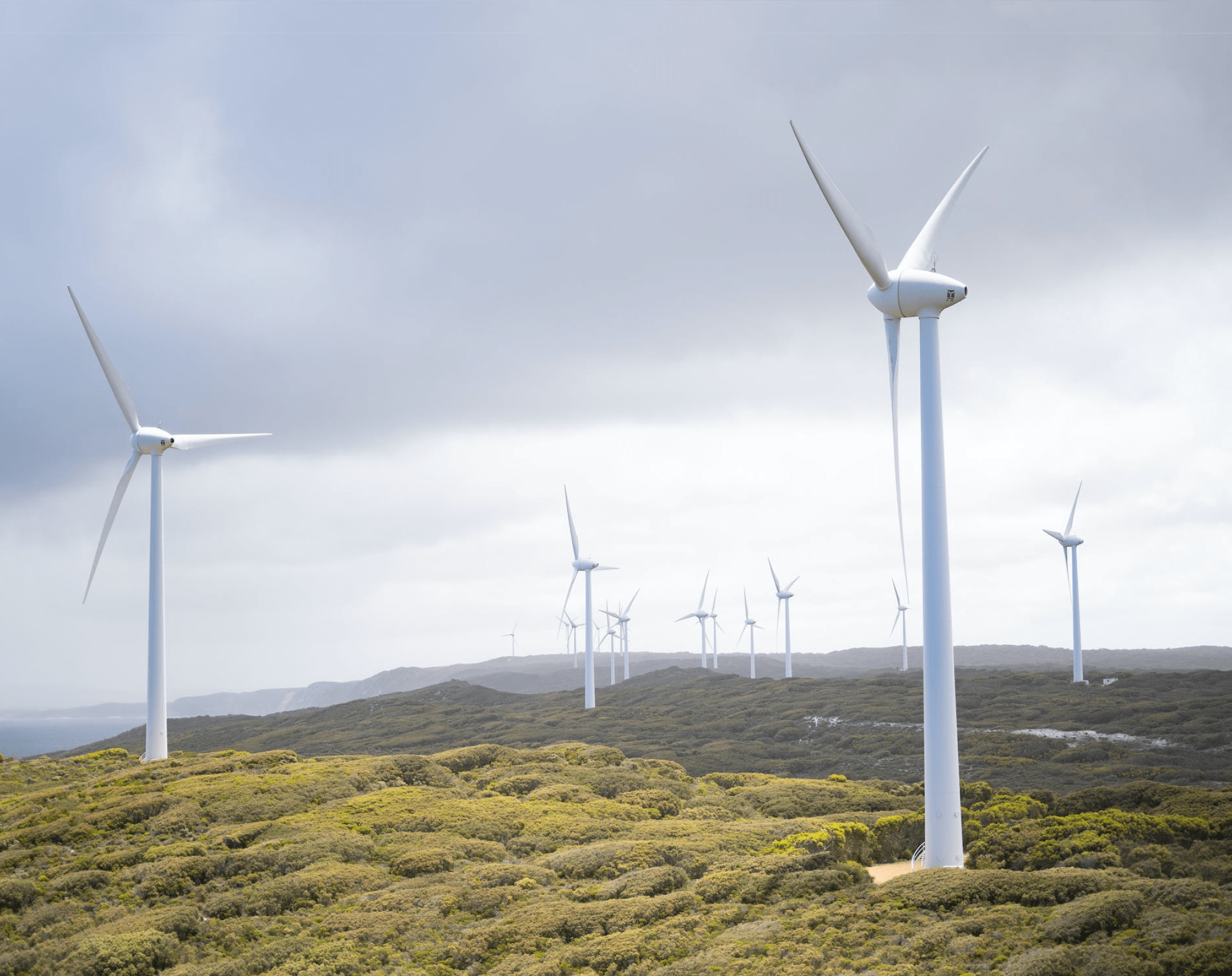Profits hit $39.9bn (£32.2bn) in 2022, double last year’s total and the highest in its 115-year history.
Energy firms have seen record earnings since oil and gas prices jumped following the invasion of Ukraine.
It has heaped pressure on firms to pay more tax as households struggle with rising bills.
Opposition parties said Shell’s profits were “outrageous” and the government was letting energy firms “off the hook”. They also called for the planned increase in the energy price cap due in April to be scrapped.
Energy prices had begun to climb after the end of Covid lockdowns but rose sharply in March last year after the events in Ukraine led to worries over supplies.
The price of Brent crude oil reached nearly $128 a barrel following the invasion but has since fallen back to about $83. Gas prices also spiked but have come down from their highs.
It has led to bumper profits for energy companies, but also fuelled a rise in energy bills for households and businesses.
Last year, the UK government introduced a windfall tax – called the Energy Profits Levy – on the “extraordinary” earnings of firms to help fund its scheme to lower gas and electricity bills.
Despite the move, Shell had said it did not expect to pay any UK tax this year as it is allowed to offset decommissioning costs and investments in UK projects against any UK profits.
However, on Thursday it said was due to pay $134m in UK windfall tax for 2022, and expected to pay more than $500m in 2023.
This may look small compared to its profits but Shell only derives around 5% of its revenue from the UK – the rest is made and taxed in other jurisdictions.
However, critics point out that Shell is a UK-headquartered company and has been paying more to its shareholders than it spends on renewable investments.
The government is currently limiting gas and electricity bills so a household using a typical amount of energy will pay £2,500 a year.
However, that is still more than twice what it was before Russia’s invasion, and the threshold is due to rise to £3,000 in April.
The government’s windfall tax only applies to profits made from extracting UK oil and gas. The rate was originally set at 25%, but has now been increased to 35%.
Oil and gas firms also pay 30% corporation tax on their profits as well as a supplementary 10% rate. Along with the new windfall tax, that takes their total tax rate to 75%.
However, companies are able to reduce the amount of tax they pay by factoring in losses or spending on things like decommissioning North Sea oil platforms. It has meant that in recent years, energy giants such as BP and Shell have paid little or no tax in the UK.





